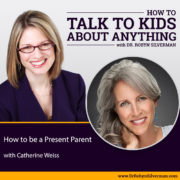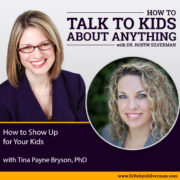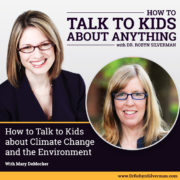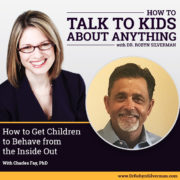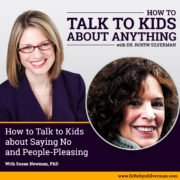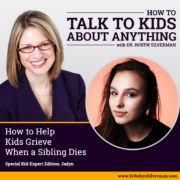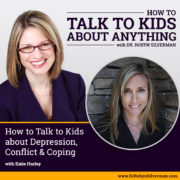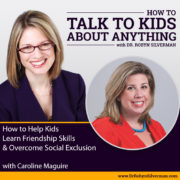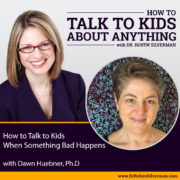How to Be a Present Parent with Catherine Weiss – ReRelease
Special guest: Catherine Weiss As parents, it is normal to have some stressful thoughts. We might be in conflict with our child and think; “he’s not listening to me,” “she’s so spoiled” or “he’s sucking the life out of me.” But what if we turned these statements on their ear to evaluate their truth but also look inward to see what the actual truth might be? We have the greatest of intentions and love our children—but it is often that we live in the moment. The moment of running from here to there, picking up, dropping off, cooking, cleaning, helping, orchestrating, planning—and getting frustrated, angry or upset when life’s little irritating moments get in our way—our children fighting with us, fighting with each other, not going along with what we deem “the flow.” And I get it—as a mother I am there with you and get this frustration deeply. Today, let’s look into self inquiry so that we can learn to prepare for the long haul rather than the fleeting moment, connection rather than disagreement and love rather than fear. I’ll be going on this journey with you as I am hanging out in the same boat, needing to learn and practice the same lessons and gain the same insights from our next guest who is ready to help us.
Catherine Weiss is the author of a radically different parenting book for mothers, currently 5-stars on Amazon, called, The Present Mother: How to Deepen Your Connection With the Present Moment, Yourself, and Your Child. The New York Times bestselling author of The Conscious Parent, Dr. Shefali Tsabary wrote the foreword to The Present Mother and in it says, “Any parent who reads and practices the insights in this book will not only heal their own wounds from childhood, they will change things for their offspring for all generations to come.” Catherine’s readers call The Present Mother THE parenting book and that it takes Conscious Parenting to the next level.

